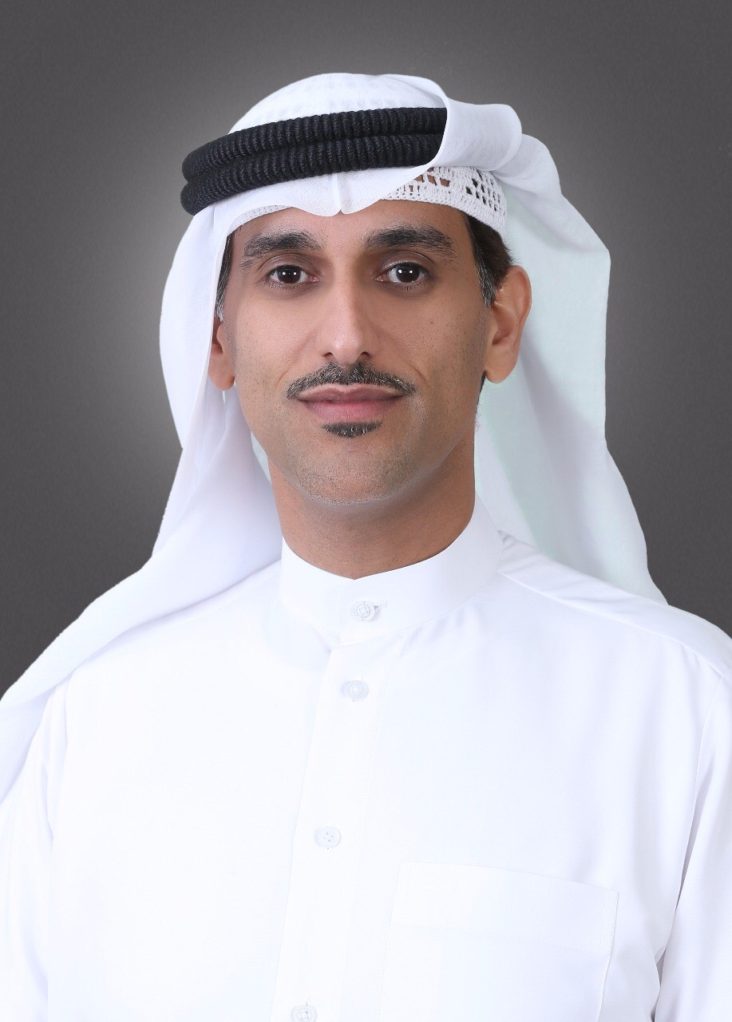Expo Centre Sharjah Explores Reality Of Global Exhibitions Sector Post-Covid-19

A recent study by the Expo Centre Sharjah on the reality of the global exhibitions sector and the future prospects amid the repercussions of Covid-19 pandemic has shown that 74% of those participated in the study underlined that virtual shows are seen as important complementary to the physical exhibitions, while 60% said that online exhibitions will substitute physical ones in the challenging times.
The study was conducted in cooperation with GRS Research & Strategy, Italian strategic research and consulting firm focused on research, analysis, and strategy for the exhibition and large event industry. GRS is also a partner of “Explori”, and, along with it, holds the biggest data-set of event performance in the world
Around 6% of the participants believe that virtual exhibitions would replace their physical counterparts, and from the standpoint of 54% of those surveyed, virtual shows will pose a threat to the direct events in the medium and long terms.
As many as 500 participants from 50 countries from around the world took part in the survey, including exhibition organizers, exhibitors, and suppliers, where they highlighted the major challenges they face in the current circumstances.
The decrease in exhibitor’s budget came first among these challenges by about 41.6%, travel restrictions came second by 36.2%, virtual exhibitions 3.3%, and the need to focus on other marketing channels by 6%.
In response to a question about the most important issues faced by exhibition organizers due to cancelation or postponement of events, travel difficulties came first by 26.9%, lack of liquidity and revenue came second by 19.4%, conflict of dates of the postponed and prescheduled exhibitions by 14.9%, and increased costs by 5.2%.
A part of the survey focused on actions taken by the companies operating in the exhibitions sector to counter Covid-19 impacts, where 65.2% of the companies mentioned that they shifted to virtual events such as workshops and webinars, 45.4% said they organized online exhibitions alongside digital workshops, 43.6% have created digital solutions to meet their customer’s needs, while 11.3% stated that no action has been taken yet.
With predictions ranging from most to more likely about the possibility of organizing future events in the Middle East and North Africa, 56% of the participants have shown their optimism for Q4 of 2020 compared with Q3 by 18%.
In terms of business recovery after Covid-19, 50% of the participants from the Middle East and North Africa predicted that by 2022 the events will attract a turnout equal to what was witnessed in 2019, and 26% of them selected second half of 2021, while the first half of 2021 was chosen by 21%.
For the Covid-19-post revenue recovery, the participants went with the second half of 2021 and 2022 by 35% for each, while 21% went with the first half of 2021 for the economic and revenue recovery.
Around 79.3% of those surveyed were somehow interested in virtual events, while 20.7% were uninterested. At the digital transformation level, 71% of them pointed out that they communicated with digital services providers to discuss the prospects for cooperation in the digital transformation of their businesses.
In response to a question about the benchmarks which are equal in both virtual and physical exhibitions, the participants chose market knowledge by 56.8%, participation in conferences and seminars by 53.2%, product display solutions by 39.2%, and the lookout for new customers and suppliers by 29.4%.
Sector flexibility
Speaking on the study outcomes, His Excellency Saif Mohammed Al Midfa, the CEO of Expo Centre Sharjah, said: “These results expressly underline that direct events will remain in place. But they need to adapt to the new reality by harnessing digital services to enhance customer experience, organizing more efficient and safer events.”
“The consensus that virtual exhibitions will not replace but complement physical ones reflects the sector flexibility and its ability to make use of the changes to scale up its performance,”
Al Midfa added: “This analytical study is a step forward towards the recovery of exhibitions and conferences sector. And in order to come up with solutions, we first have to identify the challenges we face in the sector, so that all the concerned parties can team up to get through the crisis.”
He pointed out that work is underway to regain the confidence of everyone in the ability of exhibitions sector to recover quickly and to play its role in supporting all the components of the economy, noting that the study showed we will reap the fruits of the economic recovery starting from the second half of 2021 onwards.
“We should take into account that the study was conducted in a transitional stage, in which everything remains unclear. But after lifting travel restrictions, increasing awareness about safety and preventive measures, and using modern technologies, we could see the sector comeback to its previous growth levels by the year 2021,” Al Midfa concluded.
Worth mentioning that the UAE was ranked fourth among the most participating states in this analytical study, where China came first followed by Germany and Italy, while the U.S. came in fifth place.

